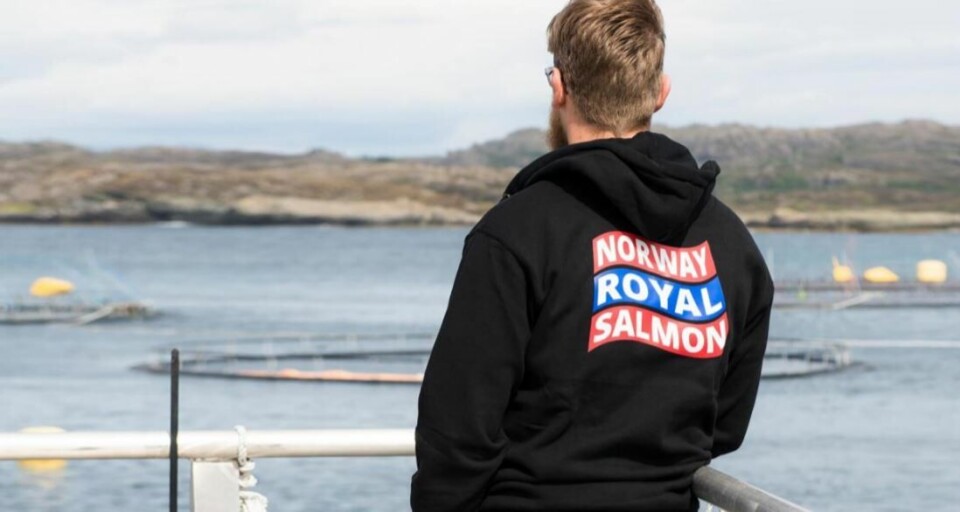
Volume and earnings down for Norway Royal Salmon
Norway Royal Salmon’s operational EBIT for the first quarter of 2020 was less than half that achieved in the same period last year, the company said its Q1 report today.
Operational EBIT was NOK 75 million (£5.9m) compared to NOK 162m in Q1 2020. EBIT per kg was NOK 16.53 compared to NOK 25.51 in the same period last year.
Chief executive Charles Hostlund said the company was very pleased that none of its employees have been diagnosed with Covid-19 and that the virus had not affected production so far.

Reduced prices
“As a result of winter wounds, harvest from a zone with restrictions and the timing of harvest, the quarter was influenced by reduced price achievement and increased production costs,” wrote Hostlund in a press release accompanying the Q1 report.
“That the Group’s growth initiative on Iceland, Arctic Fish, achieved an operating EBIT of NOK 16m and an operating EBIT per kg of NOK 18.47 in the quarter is very satisfactory.”
NRS’ Farming division posted an operational EBIT of NOK 89.4m in the quarter, compared with NOK 179.0m in the corresponding quarter last year. Operational EBIT per kg gutted weight was NOK 16.53 compared with NOK 25.51 in Q1 2019.
Smaller harvest
NRS harvested 5,409 tonnes gutted weight in the quarter, 23% lower than in the same quarter last year. Estimated harvest volume for 2020 is 37,000 tonnes, an increase of 36% on 2019. Sold volume from NRS’ sales division in the quarter was 17,900 tonnes of salmon, which is 22% lower than in the corresponding quarter last year.
“In the first quarter, NRS purchased available capacity through the authorities’ traffic light system in Norway and now owns 35,035 tonnes of maximum allowed biomass,” wrote Hostlund.
“NRS shall grow through sustainable growth and the Group has 38% higher biomass in the sea at the end of the quarter compared to the same quarter last year. With our ambitions for sustainable growth, we want to increase our capacity with both existing and extended licences.”























































